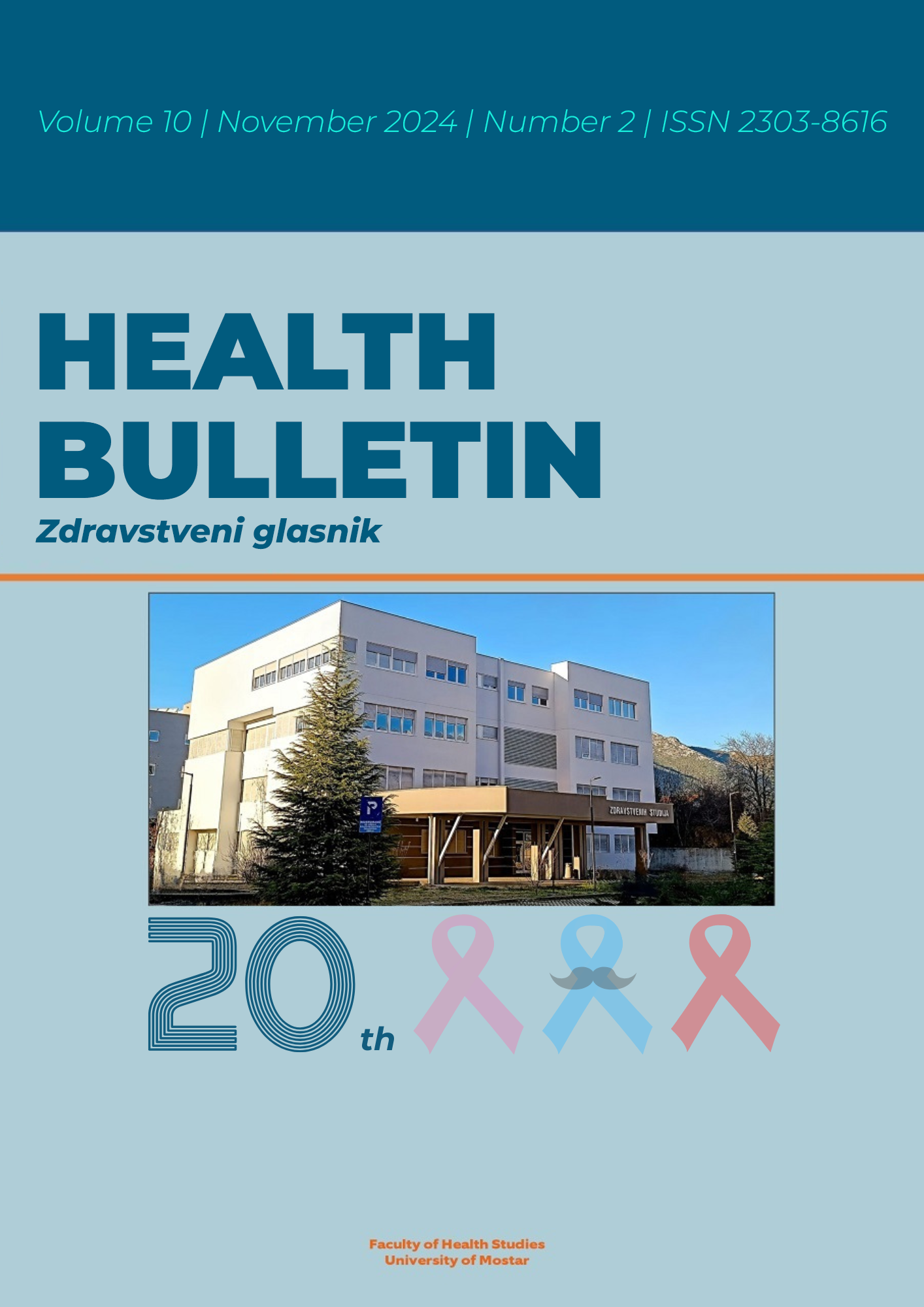THE INFLUENCE OF NURSES ON THE QUALITY OF CARE IN THE TREATMENT OF PATIENTS WITH INFLAMMATORY BOWEL DISEASES
Keywords:
inflammatory bowel disease, nurse, IBD specializationsAbstract
Introduction: Inflammatory bowel disease (IBD) refers to two main diseases: ulcerative colitis and Crohn's disease. In terms of structure and process, it has been postulated that IBD treatment requires a multidisciplinary approach in which physicians, nurses, nutritionists, and social workers interact to achieve goals. The role of doctors in treatment is clearly defined, but it is useful to define the role of nurses in the care of patients with IBD.
Objective: Clarify the influence of nurses on the quality of care in the treatment of patients with inflammatory bowel diseases.
Methods: An electronic search of the PubMed, MEDLINE, EMBASE databases was conducted and the Cochrane database. The search was performed using keywords. This paper includes studies which examines contributions within 10 years of nurses in the quality of care for patients with IBD.
Results: The number of hospital visits decreased from 1,377 to 853 (38 % decrease) in institutions that had a specialized IBD nurse. Patient satisfaction has been improved in key areas, particularly in IBD information approaches and conservation health advice. The number of patients in remission increased from 63 % to 69 %. Recognized IBD nurse released the doctor's resources, and better contacts with patients were achieved, and thus a
smaller number of hospitalization.
Conclusion: It is important to recognize the role of specialized nurses who are dedicated to the care and observation of patients with inflammatory bowel diseases in the management of specialist nursing interventions to improve the care and observation of patients, the disease itself, access to treatment, discharge, morbidity and quality of life. Nurse education is an important part of care for patients suffering from inflammatory bowel diseases, because the
nurse is the first person from whom patients will ask for cooperation after diagnosing the disease.
















